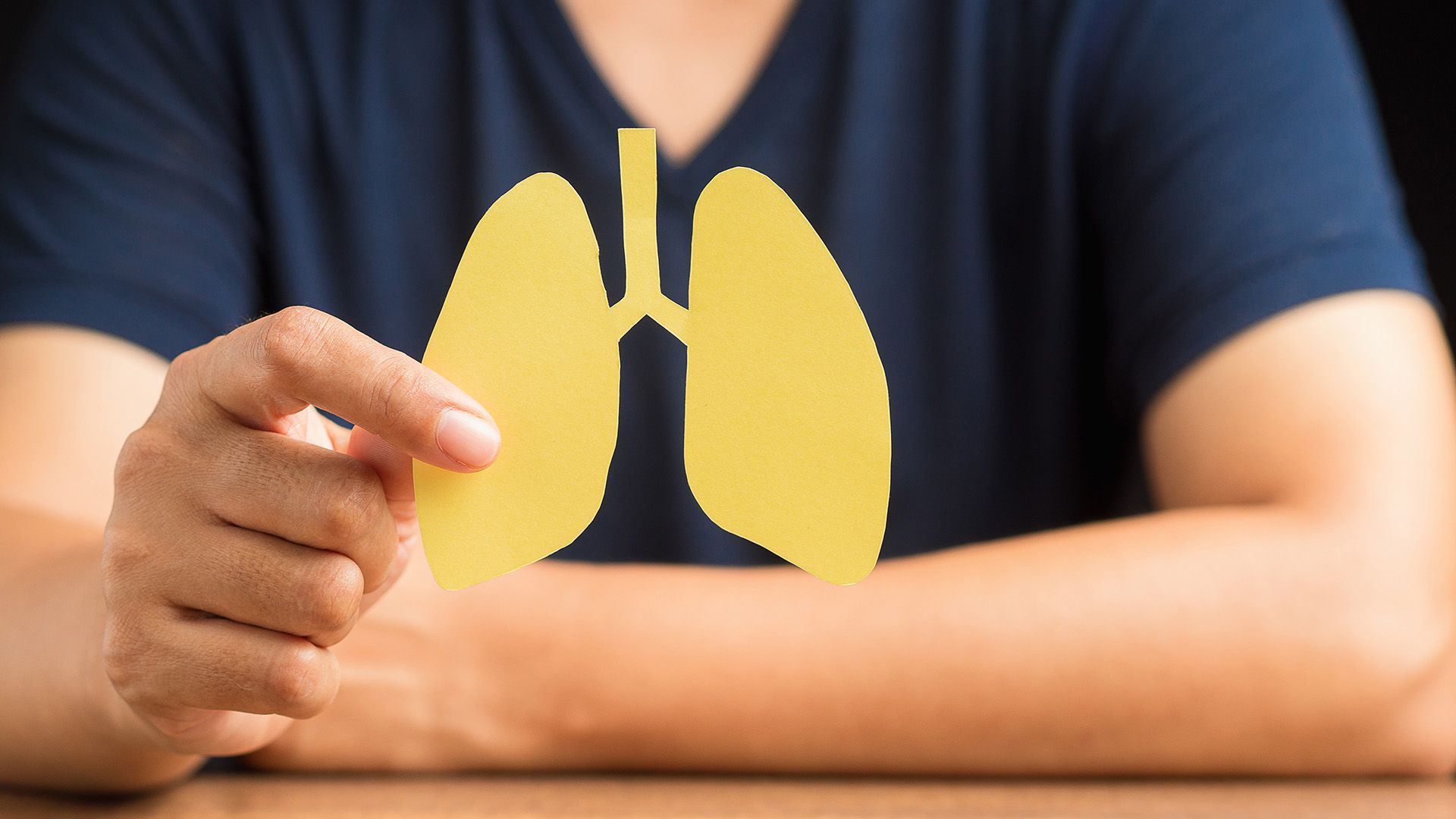‘COVID-19 fears’ could result in unnecessary cardiac deaths
Cardiologist warns that patients concerned about their heart health and other chronic conditions should always seek medical care
While all eyes are focused on the COVID-19 pandemic, we should not lose sight of the fact that cardiovascular diseases remain a leading cause of death both locally and internationally, taking the lives of close on 18 million people every year, some 85% of these being due to heart attack and stroke. (1)
“Paradoxically, many South Africans have not been having their heart disease and other chronic health conditions such as high blood pressure and diabetes monitored and treated adequately during the COVID-19 pandemic lockdown, which exposes them to serious health risks,” notes Dr Y.T. (Trishun) Singh, a leading local cardiologist who practises at Netcare St Augustine’s Hospital in Durban.
Dr Singh says while it is understandable that people want to avoid going out at this time as much as possible, they must nevertheless ensure that they at least stay in touch with their doctor as these conditions require ongoing clinical monitoring, and take their medication exactly as prescribed to ensure that their heart condition remains properly managed.
“It is also of great concern that many individuals are taking the unnecessary risk, due to fear of possible COVID-19 infection, of avoiding seeking medical care even in the case of a serious medical emergency such as a suspected heart attack,” adds Dr Singh, who is also a founder of the multi-disciplinary Centre for Diabetes, Endocrinology and Heart Care at Netcare uMhlanga Hospital, and also established South Africa’s first cardio-oncology centre at the hospital.
According to a recent worldwide survey by the European Society of Cardiology, the number of persons not seeking emergency medical care when suffering a heart attack has dropped globally by more than 50% during the Covid-19 outbreak. (2)
“The situation in South Africa is likely similar and it is tragic if you consider that it has probably already cost lives, this despite life-saving treatments being available. I would consequently like to urge individuals who experience any symptoms of a heart attack or stroke, to put their concerns about COVID-19 aside and urgently seek medical intervention at their closest emergency department.”
“It should also be noted that people with chronic conditions like heart disease and diabetes are considered at higher risk of contracting COVID-19 and of suffering serious complications from the infection. The Centres for Disease Control and Prevention in the United States confirms this, noting that serious cardiovascular conditions such as heart failure, coronary artery disease, congenital heart disease, cardiomyopathy [a disease of the heart muscle], and pulmonary hypertension [high blood pressure], may put people at higher risk for severe illness from COVID-19,” he explains.
“In order to reduce their risk of developing severe COVID-19, it is therefore critical that South Africans with chronic health conditions ensure that these are well-managed with the assistance of their doctor, and to do everything else they possibly can to support both their heart and general health at this time.”
A heart attack, which is also known as a myocardial infarction, occurs when a narrowing of the heart arteries or a blood clot cuts off the flow of oxygen-rich blood to the heart muscle.
“Early treatment of a heart attack and stroke is critical. If doctors can re-establish normal blood flow to the heart timeously, damage to the heart muscle can be substantially reduced, and lives saved,” advises Dr Singh.
So what are the common signs and symptoms of a heart attack? Dr Singh says a heart attack often starts with mild symptoms that may not be particularly painful. Many people experience tightness or a squeezing sensation in the chest.
It is important to get emergency medical assistance immediately if you experience any of the following symptoms for two minutes or more:
- Pressure, fullness, squeezing or pain in the centre of the chest.
- Chest pain radiating outwards to the shoulders, neck or arms.
- Severe chest pain, sudden weakness, dizziness, fainting, sweating, nausea or shortness of breath.
As South Africa’s first cardio-oncologist — a cardiologist who has a special interest in and knowledge about the cardiac side effects of cancer treatments — Dr Singh says that patients being treated for cancer, should also take care to ensure that they have their cardiovascular risks assessed and appropriately addressed to minimise the impact of treatment on their health in the long term and reduce the risk posed by COVID-19.
“In a significant number of patients, cancer therapies can accelerate atherosclerosis, the build-up of fats and cholesterol, or plaque, on the walls of the arteries, and increase their risk of developing cardiac dysfunction, heart rhythm disorders, heart valve disease and other problems related to the heart and blood system [vasculature] over the longer term. This in turn may further increase their risks of developing a serious COVID-19 infection, and highlights the importance of these patients being assessed and, if necessary monitored and treated, for any cardiovascular problems they may have developed,” says Dr Singh, who is President of the Cardio-oncology Society of Southern Africa (COSOSA), which is affiliated to the International Cardio-Oncology Society (ICOS).
“In summary, those South Africans with cardiovascular or other chronic health conditions should take all necessary measures to protect their health at this time, and should inform their doctor of any health concerns, so that these can be addressed. It is also important for them to ensure that they do not run short of their prescribed chronic medication, and that they take their medication exactly as prescribed by their healthcare provider,” concludes Dr Singh.













